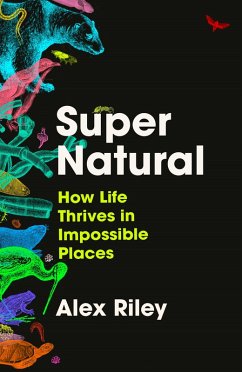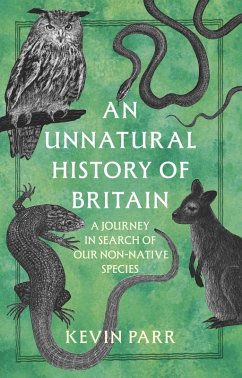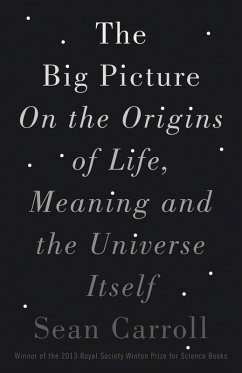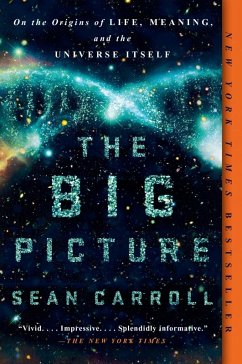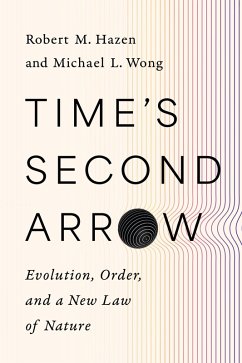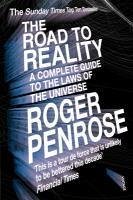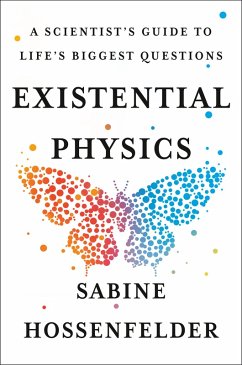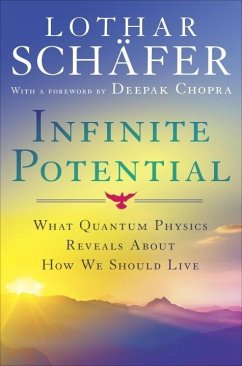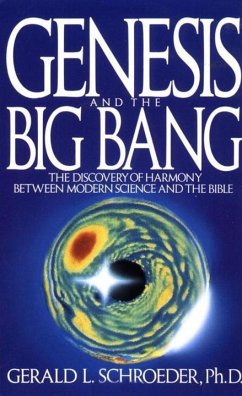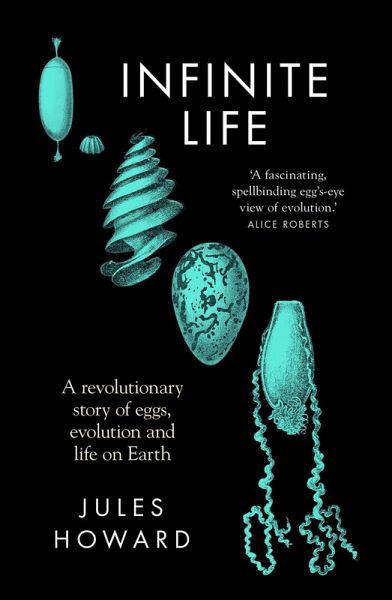
Infinite Life (eBook, ePUB)
An Epic New Story of Life on Earth

PAYBACK Punkte
0 °P sammeln!
Every animal on the planet owes its existence to one crucial piece of evolutionary engineering: the egg. It's time to tell a new story of life on Earth. 'Jules Howard's egg's-eye view of evolution is dripping with fascinating insights' ALICE ROBERTS 'So much passion and poetic prose' BBC Radio 4, Inside Science If you think of an egg, what do you see in your mind's eye? A chicken egg, hard-boiled? A slimy mass of frogspawn? Perhaps you see a human egg cell, prepared on a microscope slide in a laboratory? Or the majestic marble-blue eggs of the blackbird? Every egg there has ever been, is an em...
Every animal on the planet owes its existence to one crucial piece of evolutionary engineering: the egg. It's time to tell a new story of life on Earth. 'Jules Howard's egg's-eye view of evolution is dripping with fascinating insights' ALICE ROBERTS 'So much passion and poetic prose' BBC Radio 4, Inside Science If you think of an egg, what do you see in your mind's eye? A chicken egg, hard-boiled? A slimy mass of frogspawn? Perhaps you see a human egg cell, prepared on a microscope slide in a laboratory? Or the majestic marble-blue eggs of the blackbird? Every egg there has ever been, is an emblem of survival. Yet the evolution of the animal egg is the dramatic subplot missing in many accounts of how life on Earth came to be. Quite simply, without this universal biological phenomenon, animals as we know them, including us, could not have evolved and flourished. In Infinite Life, zoology correspondent Jules Howard takes the reader on a mind-bending journey from the churning coastlines of the Cambrian Period and Carboniferous coal forests, where insects were stirring, to the end of the age of dinosaurs when live-birthing mammals began their modern rise to power. Eggs would evolve from out of the sea; be set by animals into soils, sands, canyons and mudflats; be dropped in nests wrapped in silk; hung in stick nests in trees, covered in crystallised shells or secured by placentas. Whether belonging to birds, insects, mammals or millipedes, animal eggs are objects that have been shaped by their ecology, forged by mass extinctions and honed by natural selection to near-perfection. Finally, the epic story of their role in the tapestry of life can be told. 'In a book that brilliantly evokes past eras, Howard provides a new perspective on the history of life on Earth.' The Mail on Sunday
Dieser Download kann aus rechtlichen Gründen nur mit Rechnungsadresse in A, B, BG, CY, CZ, D, DK, EW, E, FIN, F, GR, H, IRL, I, LT, L, LR, M, NL, PL, P, R, S, SLO, SK ausgeliefert werden.




